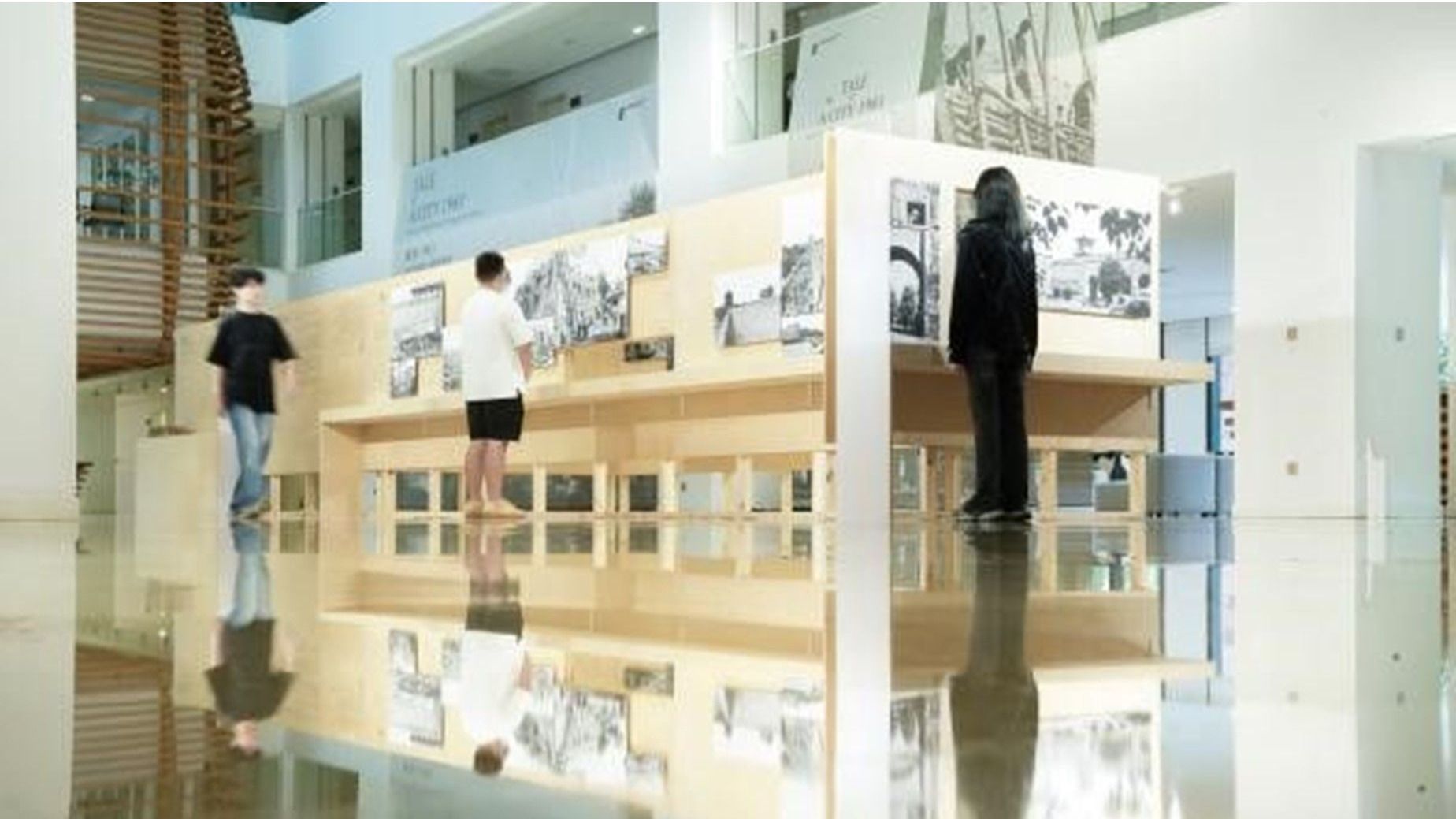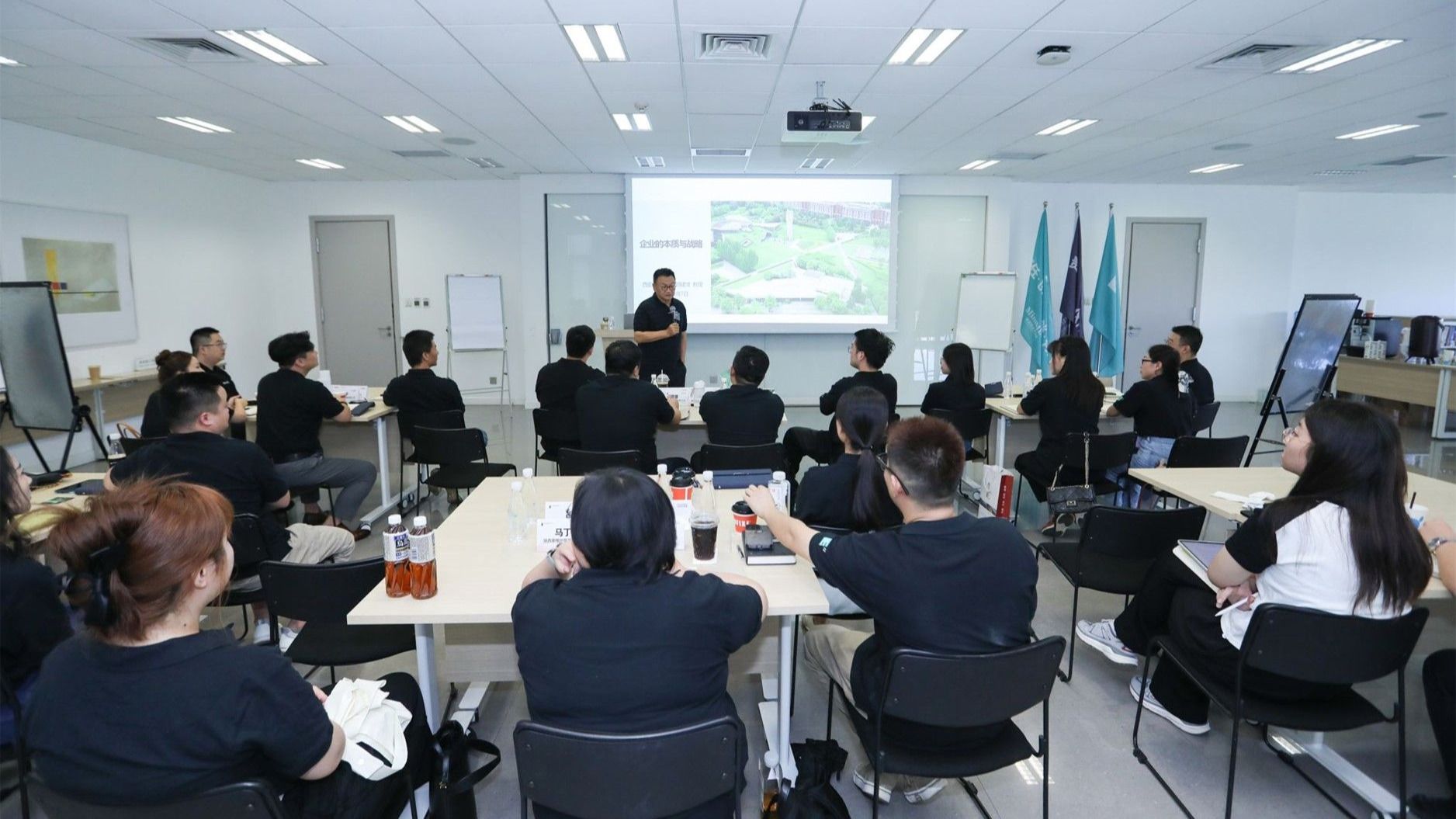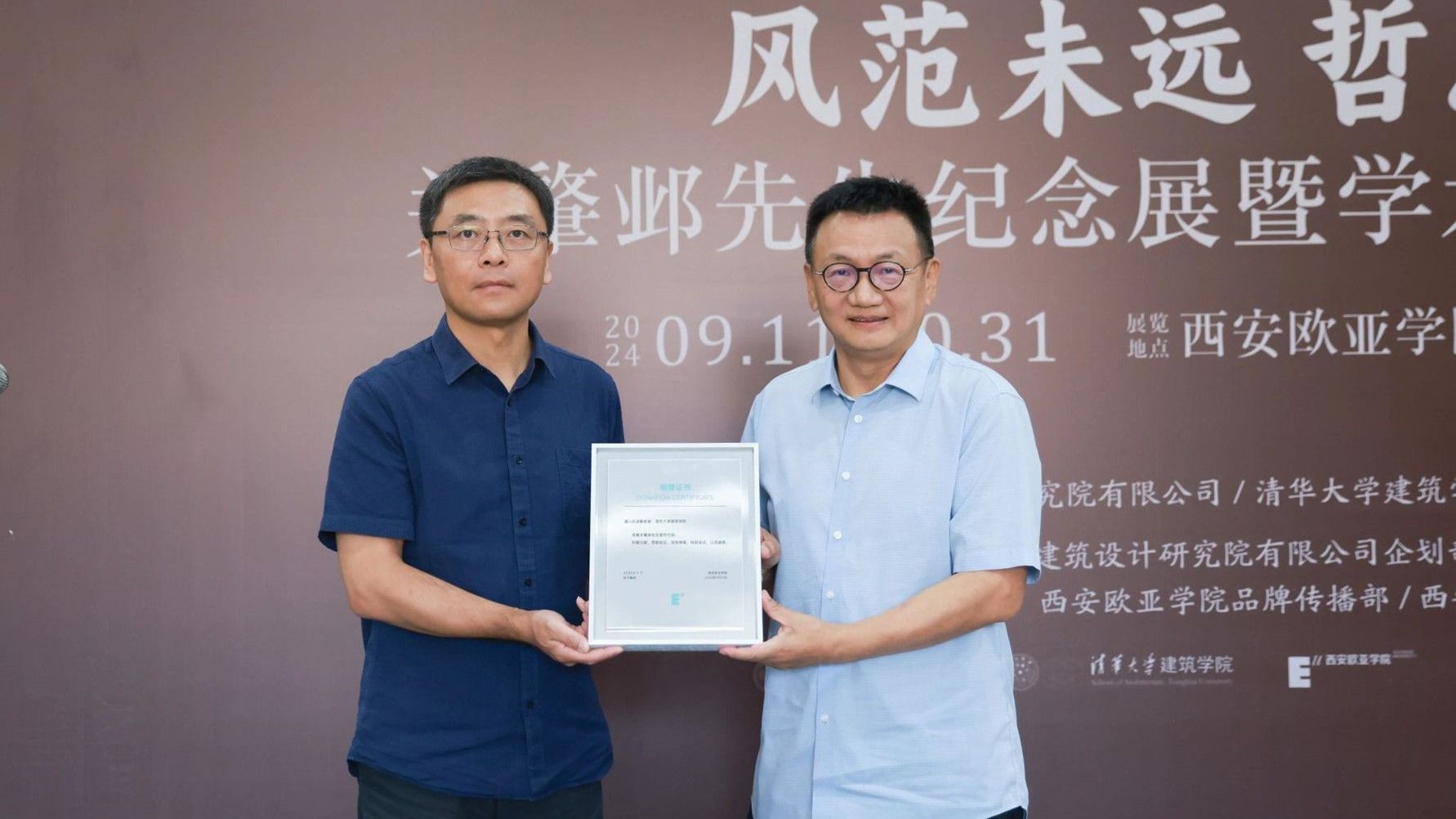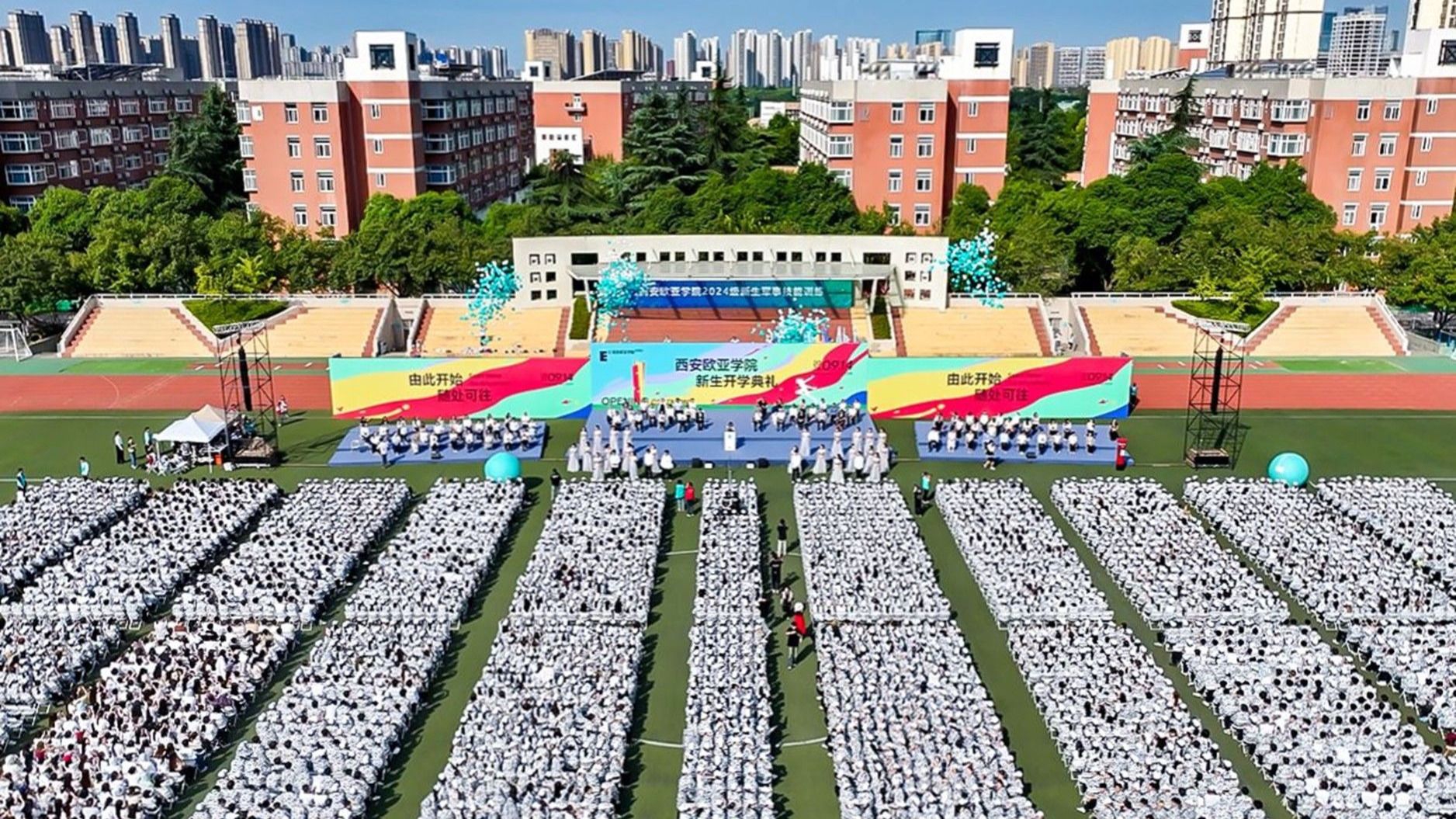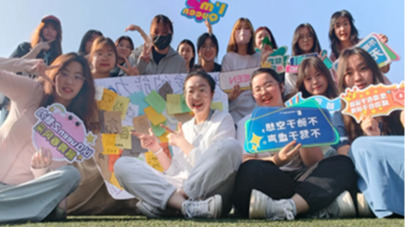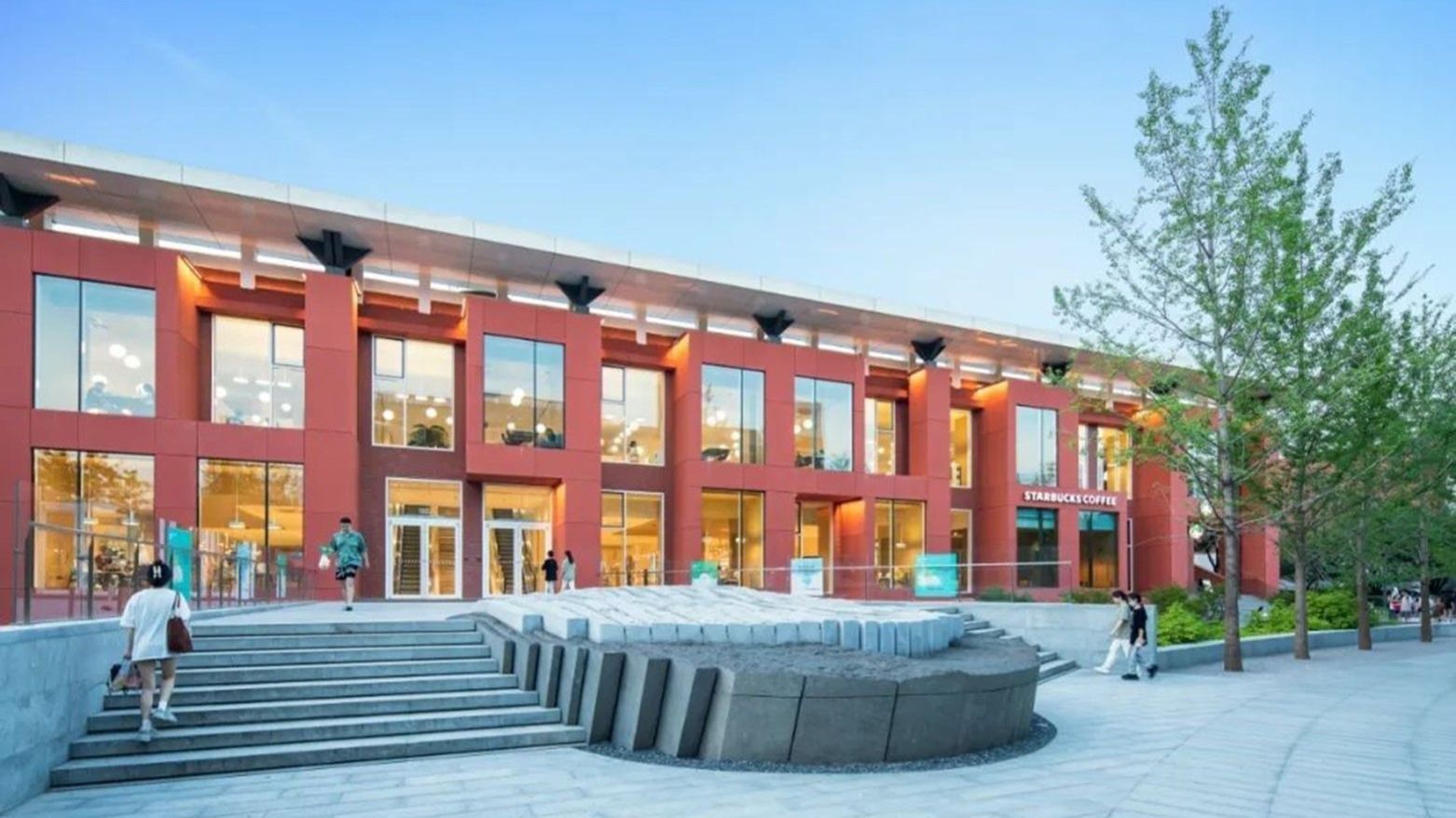Education is not a "pipe dream." Education is a process of cultivating.
For students majoring in pedagogy, laying a good foundation is very important. To become a good teacher, one must possess strong professional skills and a deep passion and sentiment for education. This includes developing scientific and correct views on children's teaching, the role of educators, and educational philosophies.
At Xi'an Eurasia University's School of Humanities and Education, the course Chinese and Foreign Education History and Education Philosophy serves as a beacon, guiding students on their journey into pedagogy. It aims to foster students' ethical growth, cultural self-confidence, and correct values, enabling them to maintain moral integrity in both learning and teaching. This course seeks to produce educators who are knowledgeable and benevolent and have strong ideals, beliefs, and moral integrity.
In 2023, the course will be launched on the "Xinhua Ideological & Political Education" platform on Xinhuanet. It has been rated as a pivotal university-level ideological and political demonstration course and a key project in the reform of ideological and political education in the course. Since its launch three years ago, this course has offered students both valuable knowledge and a supportive atmosphere, effectively nurturing them into exceptional educators. This process is akin to cultivating seeds that eventually grow into towering trees.

Zhou Xiaodan
Lecturer of Chinese and Foreign Education History and Education Philosophy
Teacher and Lecturer in the School of Humanities and Education at Xi'an Eurasia University; master’s graduate in History of Education, Beijing Normal University. Main research interests: History of Foreign Education, Foreign Children's Study, Curriculum and Instruction of Teacher Education, etc. Main courses: Chinese and Foreign Education History and Education Philosophy, Educational Principles and Primary Education, Children's Moral Development and Ethical Education, etc. Zhou has presided over and participated in eight research projects and published eight essays.

The awakening of educational enthusiasm: gateway to enlightened teaching.
Chinese and Foreign Education History and Education Philosophy is a subject platform course for freshmen and sophomores majoring in primary education. At this stage, students have little understanding of pedagogy-related knowledge and have not yet formed a sense of identity in the major. As a pilot course in the pedagogy module, Chinese and Foreign Education History and Education Philosophy opens the door to education for students in vivid forms and intriguing content.
The course is framed mainly by the history of Chinese and foreign education, supported by educational philosophy. It mainly includes five modules: Educational Traditions in Ancient China and the World, Education Transformation in Modern China and the World, History of Education in China and the World, Contemporary History of Education and Philosophy in China and the World. Based on the curriculum and resources, this course has undergone two stages of reform of ideological and political education:

(Fig. 1) Curriculum Reconstruction 1.0

(Fig. 2) Curriculum Reconstruction 2.0
The reformed curriculum structure adopts a more holistic approach, seamlessly weaving theoretical lessons into students' daily cognitive and behavioral patterns. It enhances students' learning experience through diverse teaching strategies such as thematic studies, flipped classrooms, and project-based learning, incorporating real-world cases from frontline educators to solidify the foundation for future teaching practice.
The course content of Chinese and Foreign Education History and Education Philosophy is combined with ideological and political components. At every stage—pre-class, in-class, and after-class—students are provided with relevant ideological and political case studies and video resources to subtly enrich their ideological and political understanding.
This course distinguishes itself by emphasizing integration, engaging content, and project-based learning. Moving away from the traditional compartmentalized pedagogical instruction, it aims to refine the educational resource system to more "serious" through the integration of four distinct course materials, pursuing a synergistic educational impact. Furthermore, complemented by five unique activities and thematic studies, this course energizes students throughout their study, allowing them to immensely feel the power of education.

(Fig. 3) Students Having Heated Group Discussions

Traversing through time: the wondrous encounter with education.
Education stands as an eternal theme for humanity, with its history weaving through the epochs and across cultures. Education in China can be traced back to ancient times, as it already existed in the early stages of human society.
To spark students' interest and eagerness to delve into the history of education, Lecturer Zhou Xiaodan has crafted a distinctive ideological and political framework for this course. Structured around the progression from ancient to contemporary to modern times and juxtaposing Eastern and Western perspectives, this "longitude and latitude line" approach facilitates a deep dive into the philosophies and typical cases of educators throughout history. This method not only enables students to grasp fundamental historical facts about education but also hones their critical thinking and logical analysis skills as they evaluate and analyze specific concepts.

(Fig. 4) Zhou Xiaodan Teaching in the Classroom
As if embarking on a time machine journey, students can engage in profound dialogues with the "Three Sages" of ancient Greece on the essence of education; they can appreciate the grand spectacle of diverse educational theories, immersing themselves in Plato's vast and intricate system of thought; they can explore naturalism in education on child education through stories like those of Emile and Sophie; they can discuss educational progress with John Dewey and his friends; they can ignite intellectual sparks with the renowned Chinese educator and reformer Tao Xingzhi... Throughout this exploratory voyage across time, students will vividly encounter historical figures from various eras, perceiving the historical facts of education at all times and all over the world, absorbing invaluable insights into education's evolution. This immersive experience cultivates their understanding of professional ethics and missions inherent in being a teacher.



(Fig. 5) Student Classroom Sharing
"From history to nowadays, the study of education history enabled me to appreciate the beauty of wonderful encounters with great figures. Engaging with the contrasting ideas of John Dewey and Tao Xingzhi, as well as interacting with educational thinkers from the past to the present, has enabled me to gradually put the concept of education into practice. At the same time, it also highlights the significance of theoretical learning in Classics and History. I believe that my encounter with education will also be wonderful," said Jin Huanhuan, a student of primary education major enrolled in 2020.
"This course's journey from ancient educational philosophies to modern educational trends of thought helps me better understand both the enduring legacy and rich depth of education. Learning how each era's educational thoughts of those ancient philosophers and contemporary and modern education reforms display their unique charm and value enriches my understanding and makes me appreciate this vital field more profoundly. Moreover, combining theory with practice strengthens the bond between students to explore the depth and charm of education," said Zhao Yuchen, a student of primary education major enrolled in 2020.


(Fig. 6) Student Work Display

Reshaping cognition: the essence of education is to awaken the self.
"This course subtly changes students' thoughts," said Lecturer Zhou. "After interacting with them, I find that each one of them harbors a rich inner world, yearning for both communication and attention."
Despite its seemingly complex nature, the course also covers some knowledge of philosophy and psychology. Changes in mindset are closely related to life and also affect future education and teaching. Zhou believes that teachers and students are equal, and a lively classroom is more likely to foster a more open and receptive attitude. Reading clubs, group discussions, and reports are often organized to enable every student to participate. This vibrant interaction between teachers and students allows students to reshape their cognition, express their feelings, and treat themselves and understand others more positively and healthily.

(Fig. 7) Group Discussion
The German educator Diesterweg once stated, "The art of teaching does not lie in imparting skills but in inspiring, awakening, and encouraging." Students specializing in primary education have gleaned substantial insights into both knowledge and life from this course.
"For me, Chinese and Foreign Education History and Philosophy transcends analysis and summary of education history; it enlightens and reshapes the spirit of education of the times. Initially focused on lecturing, the course later embraced academic poster creation to facilitate a balanced transition from visual representation to comprehensive knowledge application— integrating learning with research and production. This approach has allowed me to refine my knowledge structure, redefine my values, shift my research perspective paradigmatically, and develop personal views on education and children, which will profoundly benefit my future teaching career," shared Lin Jian, a student of primary education major enrolled in 2020.
In her teaching, Zhou Xiaodan always stands in the position of students to understand and encourage them. She considers guiding them away from feelings of "learned helplessness" as her most crucial task. "Knowing that such a theoretical class can be liked by many students brings me immense joy."



Under Zhou's guidance and with student support, Chinese and Foreign Education History and Education Philosophy has achieved notable success in various curriculum competitions and practical activities. From 2021 to 2023, the initiative led to five approvals under the "College Students' Innovation and Entrepreneurship Training Program," three published academic papers by students, and numerous awards at university-level "Challenge Cup" contests. In 2023, the course was launched on Xinhuanet's "Xinhua Ideological & Political Education" broadcast platform, earning recognition as a pivotal university-level ideological and political demonstration course and serving as a key project in the reform of ideological and political education at the university level and the School of Humanities and Education. Zhou Xiaodan has won many prizes in university-level teaching competitions.
Through this course, Zhou also has a deeper understanding of education. She underscores education's specificity—down to each lesson, sentence, or concept. A teacher's attitude and spirit shape the attitude of students. "Because I saw them, such a lively and beautiful life, I am more confident in education," she reflects.
Looking ahead, Zhou aims to extend the reach of Chinese and Foreign Education History and Education Philosophy across colleges and universities, while working hard to apply for provincial or even national first-class courses. She hopes that this course can be used as a pilot to break the stereotyped cognition, make pedagogy "alive", and nurture more individuals.


